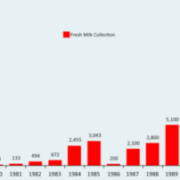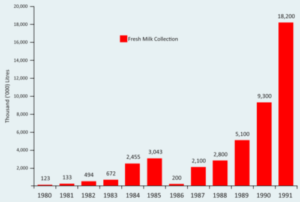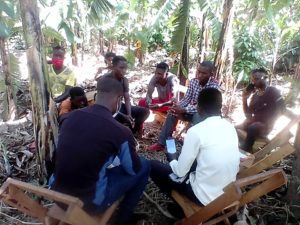BCU hunts for tenants for its properties after COVID-19 slump
The Bugisu Cooperative Union is in the market for reliable tenants to occupy its commercial properties located in prime areas of Mbale district, theCooperator has learnt.
According to BCU Estate Manager, Moses Birabi, four buildings belonging to the union have been affected by a Coronavirus-triggered economic recession that has forced many businesses to close countrywide.
“We have four houses in town that are not occupied and we are in search of financially capable tenants who can occupy them for commercial purposes,” Birabi said.
He said the union has properties at Cathedral Avenue in the heart of Mbale Municipality; others along the centrally located Manafwa Road in Mbale City, and even more in Wanale Division south of Mbale Municipality, all of which have the potential to attract serious business to the union.
BCU already counts among its tenants prominent companies such as DFCU, , Housing Finance, Absa, Centenary and Stanbic banks, as well as telecom giant MTN, in addition to hosting several super markets and pharmacies.
“As a union, we are soon to sit and evaluate the proceeds that accrue from these buildings,” Birabi said.
COVID-related slump
However, some of the union’s commercial rental properties have been negatively impacted by the strained economic environment resulting from nationwide restrictions put in place to stem the spread of the COVID-19 pandemic.
Hence, occupancy in some of the union’s buildings has dropped, despite tenants having the option to renegotiate rent and payment conditions.
In fact, theCooperator has learnt that many previous occupants of the properties have neither turned up nor shown interest in returning despite President Yoweri Museveni’s announcement in his latest address to the nation that business people should now prepare to resume work.
Established in 1954, BCU is an agricultural union that deals primarily in Arabica coffee, a cash crop introduced to Bugisu sub-region in 1912 and that remains the central money-making venture for the union’s 277 primary cooperative societies.
The post BCU hunts for tenants for its properties after COVID-19 slump appeared first on The Cooperator News.




